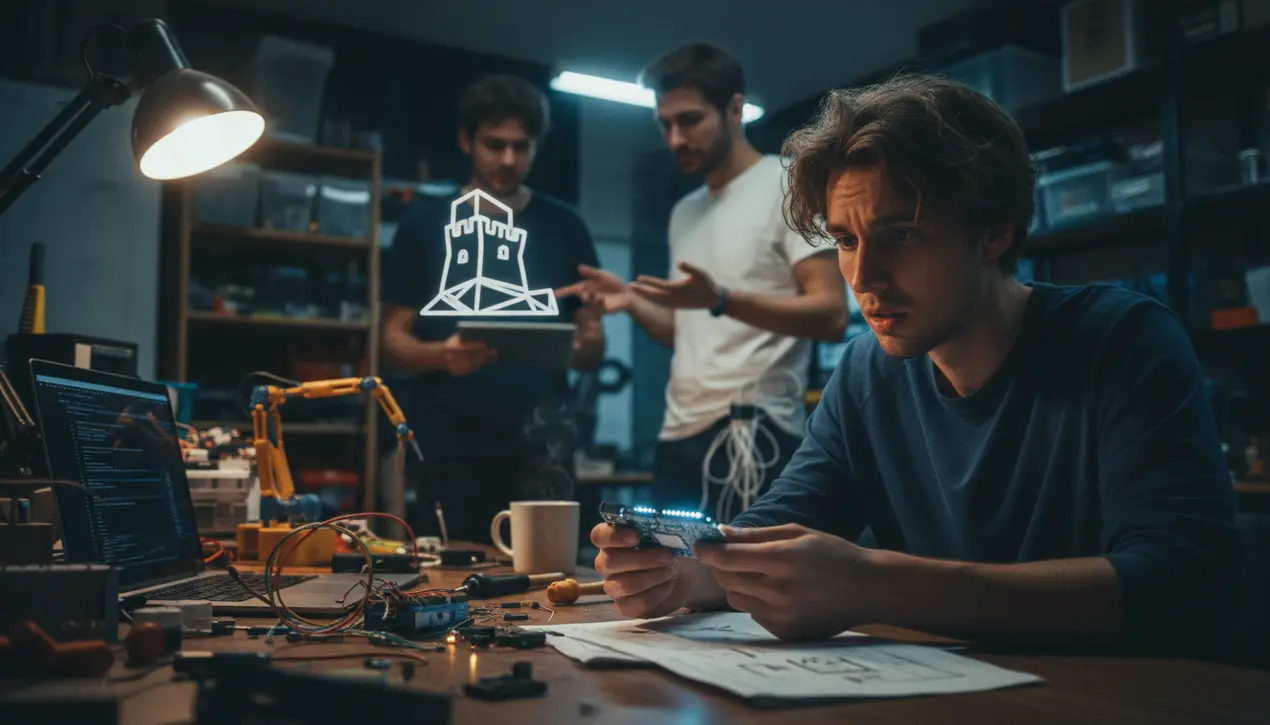
AIchips & hardwareNVIDIA GPUs
Arduino’s new terms of service worry hobbyists ahead of Qualcomm acquisition
AN
Andrew Blake
2 hours ago7 min read1 comments
The recent unease rippling through the global maker community, particularly in tech hubs from Italy to the United States, over Arduino’s updated terms of service is a fascinating case study in how corporate acquisition anxiety can clash with foundational open-source ethos. For the uninitiated, Arduino, the Italian-born champion of accessible electronics, built its entire empire on the back of open hardware principles—their boards were meant to be tinkered with, reverse-engineered, and hacked by students, artists, and inventors worldwide.This philosophy wasn't just marketing; it was the very DNA that allowed a simple microcontroller platform to spawn a global revolution in DIY tech, from San Francisco maker fairs to Seoul’s innovation labs. So, when the company’s new legal language surfaced, seemingly prohibiting reverse-engineering just as American chip giant Qualcomm’s acquisition looms, it felt like a profound betrayal to the very people who fueled its rise.This isn’t merely about legal fine print; it’s a fundamental identity crisis. Qualcomm, a behemoth rooted in proprietary silicon and patent wars, operates on a completely different plane from Arduino’s collaborative playground.The fear, echoed in online forums from Berlin to Tokyo, is that this clause is a canary in the coal mine—the first step in locking down a previously open ecosystem, potentially stifling the derivative projects and commercial spin-offs that have long been its lifeblood. Historically, we’ve seen this script before: remember when beloved open-source projects were absorbed by larger entities, only to see community trust evaporate as licensing became restrictive? The tension here is palpable because it pits the scalable, profit-driven model of a multinational corporation against the messy, innovative, and often non-commercial spirit of a community that values freedom over features.What happens next could redefine not just Arduino’s future, but the delicate balance between corporate growth and open-source integrity in an increasingly consolidated tech landscape. Will Qualcomm recognize that Arduino’s true value lies in its vibrant, global community of tinkerers, or will standard corporate protocols inadvertently extinguish the very spark that made it special? The answer will resonate far beyond this single acquisition, serving as a bellwether for how open hardware navigates the age of big tech assimilation.
#Arduino
#Qualcomm
#acquisition
#terms of service
#reverse-engineering
#open-source hardware
#featured
Stay Informed. Act Smarter.
Get weekly highlights, major headlines, and expert insights — then put your knowledge to work in our live prediction markets.
Comments
Loading comments...
© 2025 Outpoll Service LTD. All rights reserved.